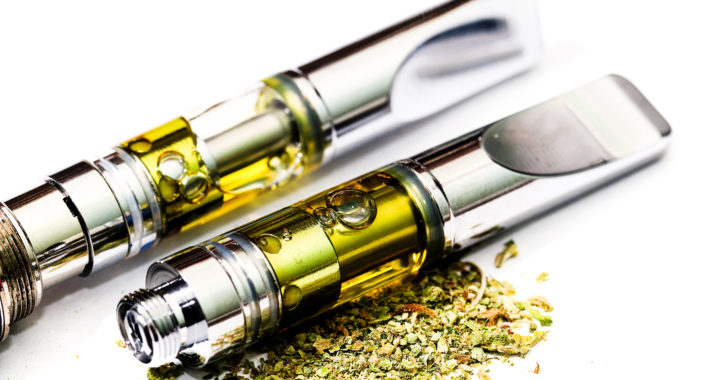On Tuesday, September 24th, Massachusetts Governor, Charles D. Baker, issued a declaration stating that a public health emergency exists due to severe lung disease associated with “vaping”. As a result, they have banned the sale of all “vaping products” for four months.
Responding to the hundreds of vaping health concerns, governors in Michigan, New York and Rhode Island have also rapidly moved to ban flavored e-cigarettes or all vaping products. Officials from several other states are considering similar steps.
Though it is commendable that they are trying to address the so-called “Vape Crisis” the manner in which they have gone about it is poorly worded and ill-informed.
From the Governor’s declaration:
“WHEREAS, vaping products use an e-liquid that may contain nicotine, THC and/or cannabinoid oils, in addition to a combination of flavoring, propylene glycol, vegetable glycerin, and other ingredients and may also contain toxic chemicals such as f01maldehyde, acrolein, acrylonitrile, propylene oxide, crotonaldehyde and acetaldehyde, as well as metal particles such as nickel, lead, and chromium, which can be inhaled into the lungs;”
From the Public Health Commissioner’s announcement:
“Vaping products” means:
- Any product intended for human consumption by inhalation regardless of nicotine content, whether for one-time use or reusable, that relies on vaporization or aerosolization, including but not limited to electronic cigarettes, electronic cigars, electronic cigarillos, electronic pipes, electronic vaping product delivery pens, hookah pens, and any other similar devices that rely on vaporization or aerosolization; and
- Any component, part, or accessory of a product or device defined in subsection 1), even if sold separately.
Why is this a problem?
- It is too general and confusing. The ban could be interpreted a number of different ways since one can “vape” marijuana flower and any marijuana concentrate.
- The ban should focus on the additives which we know are causing the problem. It ignores the fact that many experts have already concluded through research that vaping is safer than smoking.
- Fear Mongering – When considering the number of deaths caused by tobacco cigarets, pharmaceuticals or other consumer products, a small amount of people have become ill. The response does not match the scope of the concern.
Who benefits?
- The “Illicit Market” – Where will customers and patients turn when they can’t get the products they rely on legally? This ban drives people to the non regulated or “street market” which is where subject matter experts believe the product is coming from.
- “Big Pharmaceutical ” – Many patients use marijuana to help them get away from prescriptions and may be forced to go back if they can’t get what they need.
- “Big Tobacco” – Consumers who vape natural herbs will end up turning back to tobacco and nicotine products.
Research shows us vaping is safer than smoking, when done right.
Who does this hurt?
- The entire marijuana industry is negatively impacted by this ban. Legalization is still relatively new and is now threatened by the very general language in this ban.
- Smoke shops don’t just sell marijuana paraphernalia. They sell a significant amount of vaping products and supplies and will be at risk without that income.
- Medical Marijuana Patients who can’t or shouldn’t smoke often rely on vaping as an alternative. Patients will be forced to go without or resort to other methods to obtain needed medicine.
- Consumers of both marijuana and nicotine will be unable to participate in methods that may have kept them cigarette free. As stated above, they will either have to go without or resort to other, possibly shifty, methods to obtain needed products.
What would we suggest?
We know that the illnesses have been linked to additives and not the act of vaping itself. As a result, we should ensure that vaping products are legalized, regulated and tested. We should warn consumers of the dangers of purchasing from an unlicensed source. Licensed businesses should be required to test their products and comply with bans on specific ingredients. More testing also needs to be done to identify the specific ingredient(s) causing the issue.
The cannabis industry has done a great job of implementing regulations surrounding quality controls. Seed to sale tracking, testing, and labeling requirements all contribute to consumer safety. The government should be looking at cannabis business solutions as a guide to researching and analyzing (understanding) the current vaping health concerns.
We can help!
Whether you need seed-to-sale tracking or other cannabis business solutions we can help your cannabis business. Contact us today to get started!

